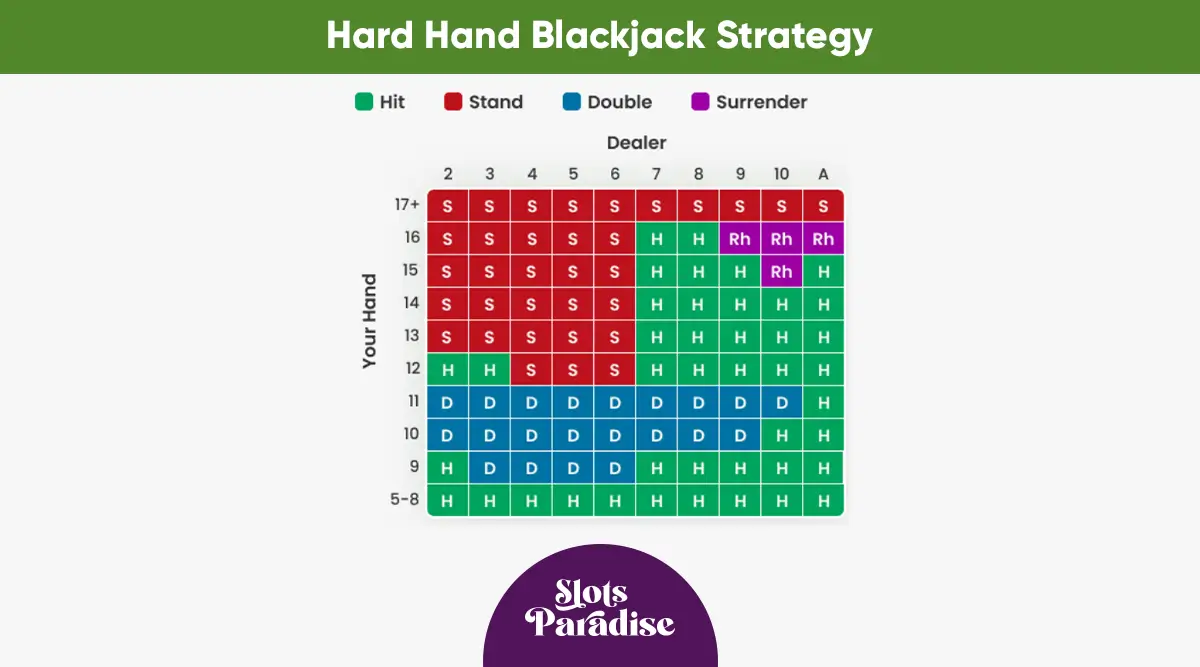Online casino players possess a diverse set of motivations that keep them coming back. In order to understand this phenomenon, we must study their personality traits and lifestyle habits.
Personality traits are crucial in understanding their target audience for online casino operatorss, and here are a few key considerations:
High rollers
Reward-seeking is one of the primary draws to high-stakes gambling, while social status and exclusivity may also play a part. Furthermore, dopamine releases quickly which increases confidence and optimism levels.
High rollers are wealthy individuals who make large bets on each hand or spin. They usually play various forms of casino games and demand superior service from casino staff.
Analysis of data from 24,581 participants of Experian’s Simmons National Consumer Study revealed these characteristics, through questions on personality and psychographic traits such as impulsiveness, desire for control, materialism, introversion, risk-taking behavior sensation seeking behavior as well as financial prudence. Furthermore, lottery, online and casino gambling behaviour among these participants was examined within this research project.
Casual gamblers
Casual gamblers do not exhibit extreme personality traits like impulsivity and risk-taking; gambling for them is simply an enjoyable and entertaining hobby that does not interfere with daily life. They typically possess well-balanced personalities who do not rely on gambling as a form of escape when experiencing stress or depression.
Attracting them are thrills of winning and being competitive; they enjoy games involving social interaction like poker. Furthermore, they possess strong aspirationsal tendencies towards materialism and control.
Gambling can be an irresponsible coping mechanism for some individuals. Problem gamblers frequently report intimate relationship difficulties, neglect of family obligations and lying to cover up gambling activities. Others experience financial strain that has an adverse effect on both personal and professional lives.
Social gamers
Even as Internet Gaming Disorder (IGD) research increases, no comprehensive investigation exists that investigates personality traits and their relationship to IGD. To fill this void, this present study identified peer-reviewed published articles which examined gaming’s association with individual traits as well as methodological approaches used and risk of bias associated with them.
Participants completed a social network analysis questionnaire that asked them to list in-person and online gaming-related relationships, then were classified according to one of seven player typologies based on their answers. Bridging and bonding social capital variables were then used as independent variables in separate linear regression models to examine whether certain network composition factors are associated with depressive symptoms, anxiety symptoms and social isolation.
Slot enthusiasts
Lisa, an avid slot enthusiast, prefers low-to-moderate bets and appreciates the visual appeal of games. She gambles several times a week after work and at weekends to relax and have fun; slow games with immersive themes and user-friendly interfaces are particularly enjoyable to her.
Superstitious players may cling to different talismans (lucky numbers, clothing items or amulets) as talismans for luck (signs and horoscopes), making it hard for them to recognize that losing is more likely than winning. Cognitive dissonance makes this form of gambling hard to take seriously as players struggle to accept they’re likely going to lose money than win it back.
Slotegrator’s demographic analytics enable them to accurately represent a player’s age, country of residence, gender and level of education – providing gaming experiences tailored to them and helping casino operators avoid alienating their audience.
Strategy-minded
Online casinos provide an ideal venue for people to practice their strategies safely without fear of embarrassment or social isolation. Furthermore, players from different nations can meet up without revealing themselves – making games even more engaging for those who enjoy strategy!
Latent class analysis allowed us to group community-based twins according to their involvement in 10 gambling activities, such as gambling. Three classes that participated heavily — Extensive Gambling, Non-strategic Gambling, and Strategic Gambling — each had unique personality profiles associated with them.
Understanding demographic information is important, but understanding its psychological implications is paramount to designing casino games that resonate with your target audience. Whether creating an online or offline version, knowing who your customers are is integral to maximizing the return on your gambling business investment.





